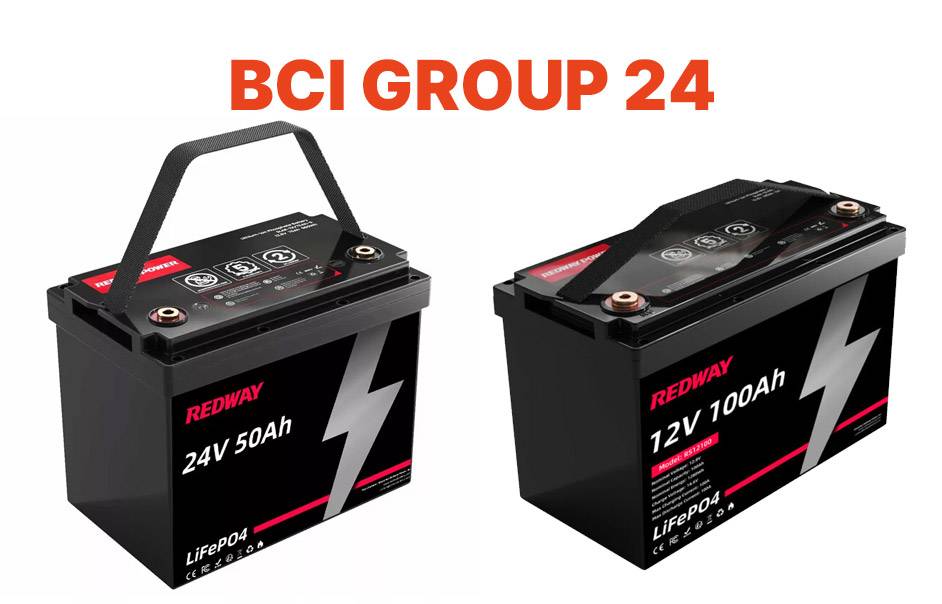
Blog
What Makes a 12V 800 CCA BCI Group 24 Battery Ideal for Cold Starts?
A 12V 800 CCA wet lead-acid battery with BCI Group 24 sizing excels in cold starts due to its high cold cranking amps (CCA), robust lead plates, and optimized electrolyte composition. Its top-post design ensures reliable connectivity, while the size 24 footprint guarantees compatibility with vehicles requiring sustained power delivery in low temperatures. Ideal for trucks, RVs, and heavy-duty applications.
How Does Cold Cranking Amps (CCA) Impact Winter Performance?
CCA measures a battery’s ability to start engines in cold weather. An 800 CCA rating ensures sufficient power to overcome thickened engine oil and sluggish chemical reactions at 0°F (-18°C). Higher CCA reduces voltage drop during ignition, making it critical for diesel engines and vehicles operating in sub-freezing climates.
Modern battery designs incorporate thicker grids and advanced paste formulations to maximize active material utilization. This engineering allows sustained current delivery even when electrolyte viscosity increases in freezing conditions. For comparison, a standard 600 CCA battery might struggle to start a 6.7L Power Stroke diesel at -10°F, while an 800 CCA unit maintains sufficient reserve capacity for multiple cranking attempts. Proper cable sizing (minimum 2 AWG) and clean terminals are essential to fully utilize high CCA ratings.
Why Choose Wet Lead-Acid Over AGM or Gel Batteries?
Wet lead-acid batteries offer cost-effective, high-current bursts ideal for cold starts. Unlike AGM/gel variants, they tolerate overcharging better and provide easier maintenance via refillable cells. However, they require periodic water topping and are less vibration-resistant—trade-offs justified by their superior CCA/$ ratio for seasonal or infrequent use.
The flooded design allows natural electrolyte circulation, preventing acid stratification that can occur in sealed batteries during long storage periods. While AGM batteries boast maintenance-free operation, their sensitivity to voltage spikes makes them less suitable for older vehicles with unregulated alternators. For applications requiring occasional deep cycling, hybrid wet batteries with enhanced lead-calcium alloys provide up to 400 cycles at 50% depth of discharge while retaining 85% of cold cranking performance.
| Feature | Wet Lead-Acid | AGM | Gel |
|---|---|---|---|
| Cost per CCA | $0.18 | $0.32 | $0.41 |
| Vibration Resistance | Moderate | High | High |
| Maintenance Interval | 3 months | None | None |
What Vehicles Require BCI Group 24 Batteries?
BCI Group 24 batteries (10.25″ x 6.8″ x 8.9″) fit select trucks, SUVs, marinecraft, and RVs. Common applications include Ford F-150 (2010-2014), Chevy Silverado 1500, and mid-sized motorhomes. Always verify terminal placement against OEM specs—some Group 24 batteries use reverse polarity configurations.
How to Test a 12V Battery’s Cold Start Capacity?
Use a digital load tester to measure voltage under 800A load for 15 seconds. Healthy batteries maintain ≥9.6V. Hydrometers check electrolyte-specific gravity (1.265+ indicates full charge). Multimeters showing <12.4V at rest signal insufficient charge. Always test at 80°F (27°C) and apply temperature corrections—CCA drops 1% per 1°F below 80°F.
Can You Use Group 24 Batteries in Non-Standard Applications?
While designed for automotive use, Group 24 batteries power solar storage, trolling motors, and backup systems. Ensure ventilation for hydrogen gas dispersion and use spill-proof trays. Avoid deep cycling—wet lead-acid batteries degrade rapidly below 50% discharge depth.
What Innovations Are Shaping Lead-Acid Battery Technology?
Advanced carbon additives reduce sulfation, extending lifespan. Thin Plate Pure Lead (TPPL) designs boost CCA by 20% while maintaining flooded electrolyte benefits. Smart charging algorithms prevent stratification—a common failure mode in cold-storage batteries.
Modern wet lead-acid batteries like the 800 CCA Group 24 units bridge affordability and performance. Their enhanced plate alloys withstand deeper discharges than traditional designs. For winter reliability, pair them with insulation blankets and maintain 12.6V+ during storage.”
— Michael Tran, Senior Engineer at Redway Power Solutions
FAQ
- Q: How often should I check electrolyte levels?
- A: Every 2-3 months or before extreme temperature shifts.
- Q: Can I upgrade from Group 24 to a higher CCA battery?
- A: Yes, if physical space and terminal alignment permit—ensure alternator compatibility.
- Q: Does frequent short driving drain CCA capacity?
- A: Yes—insufficient runtime prevents full recharge. Use a maintainer for urban commutes.




